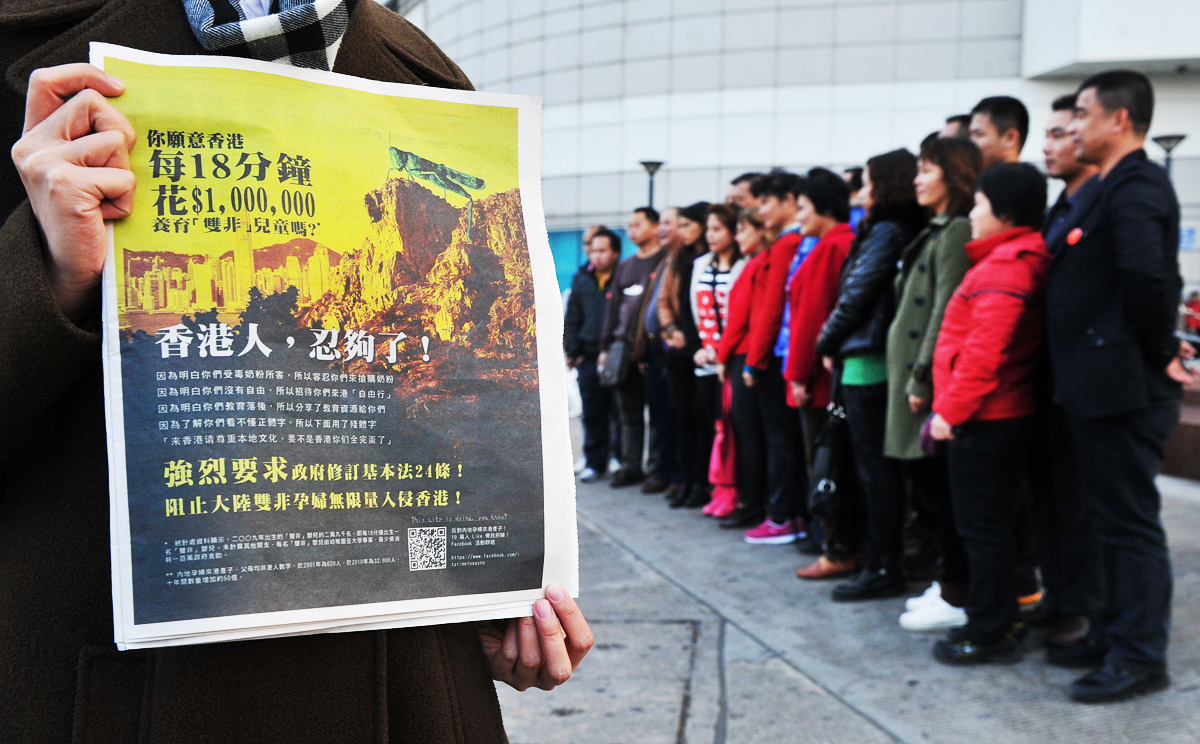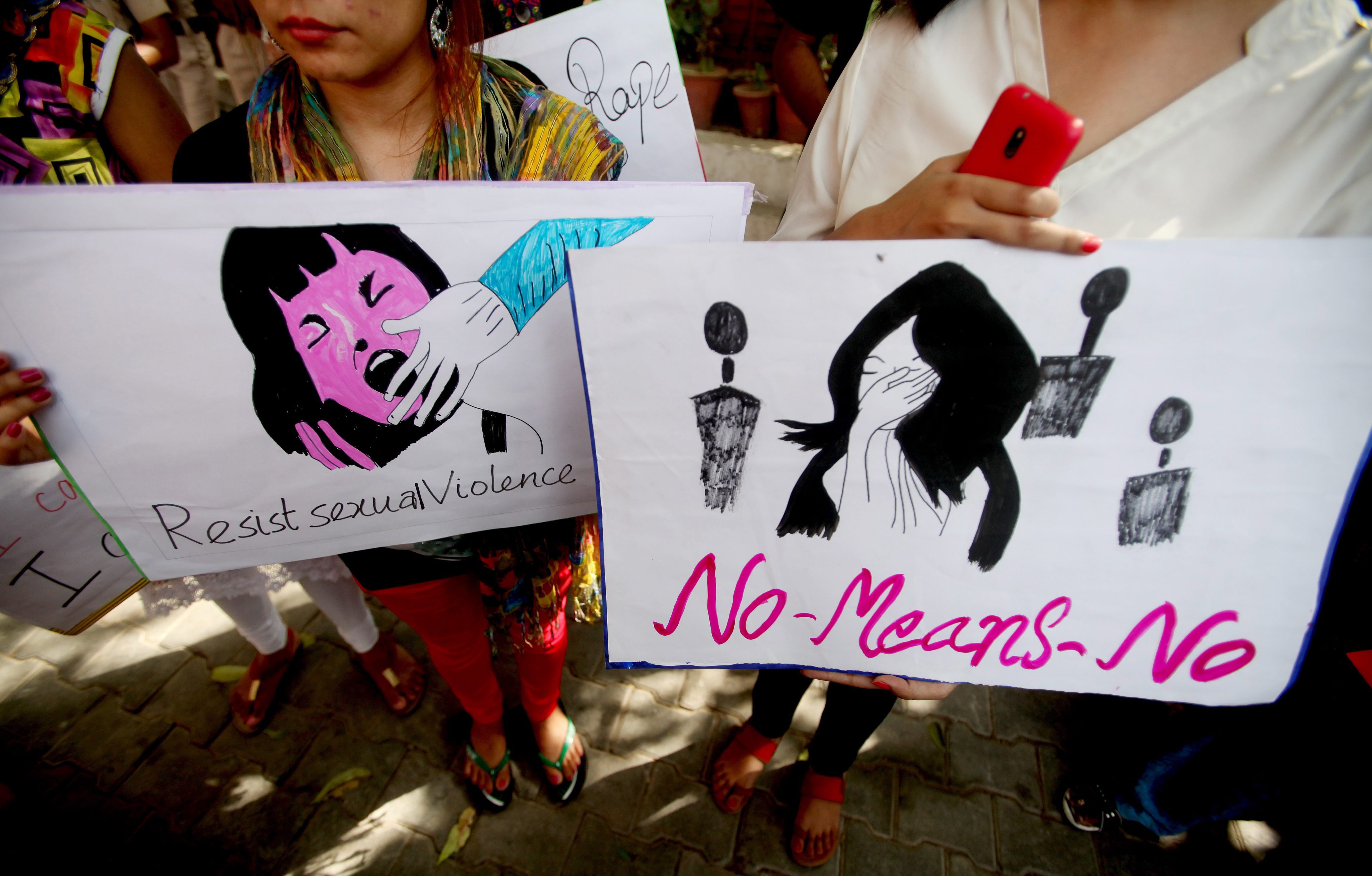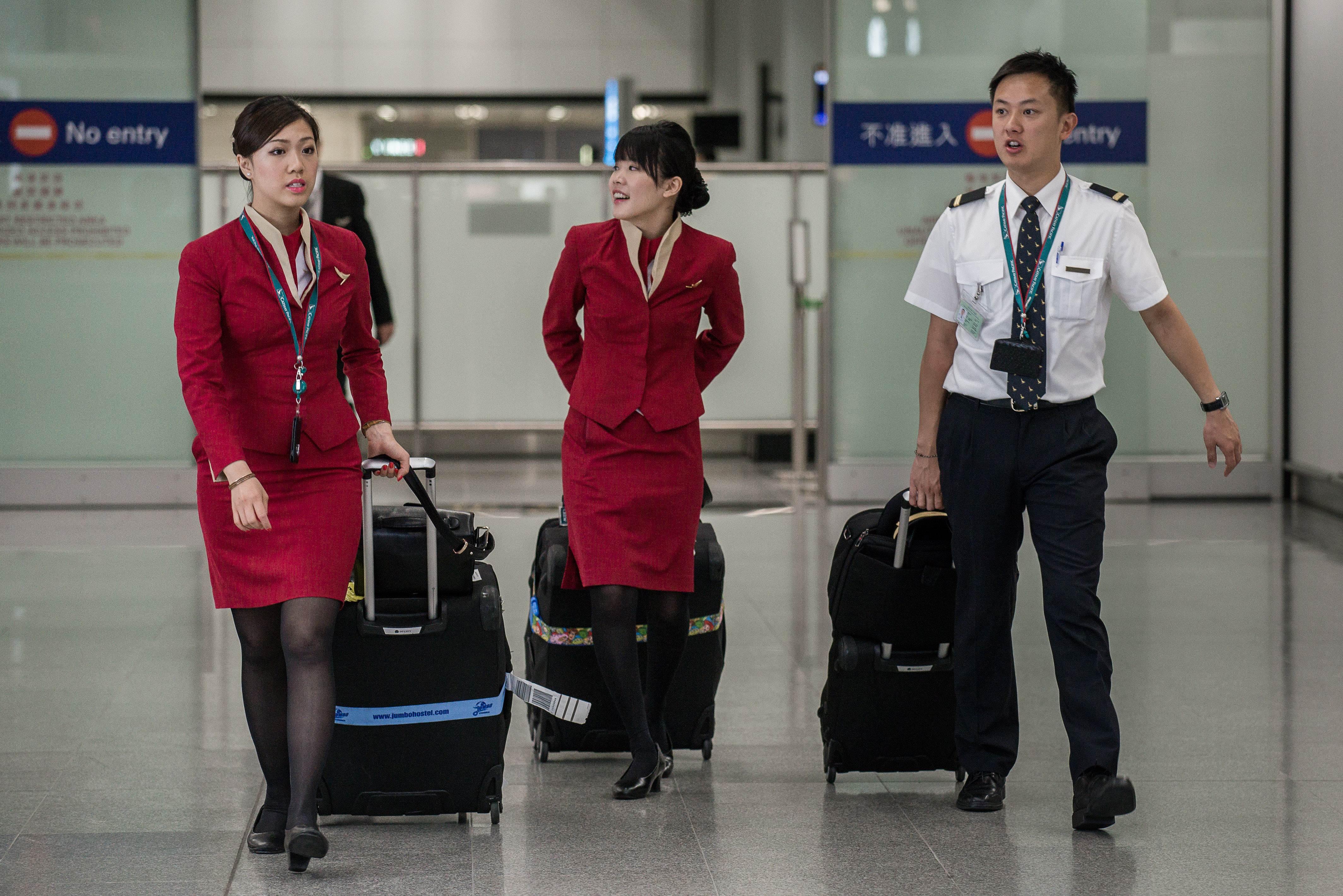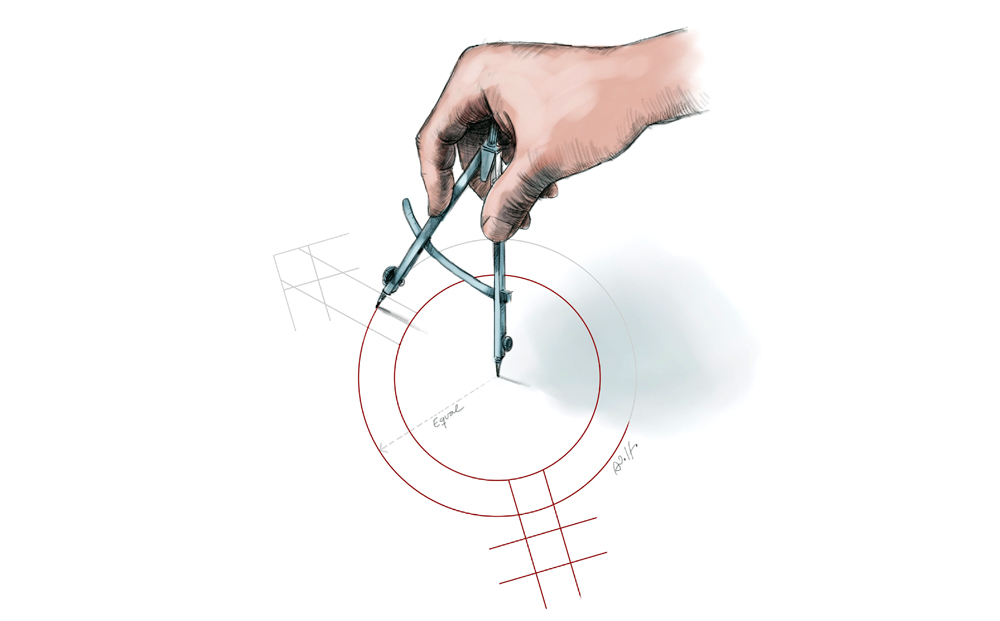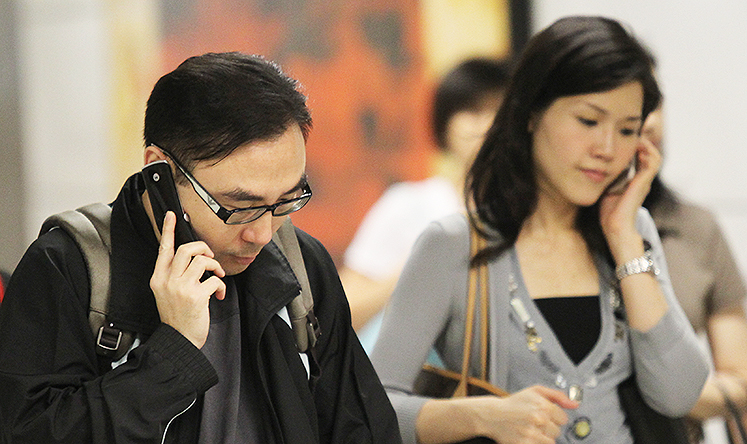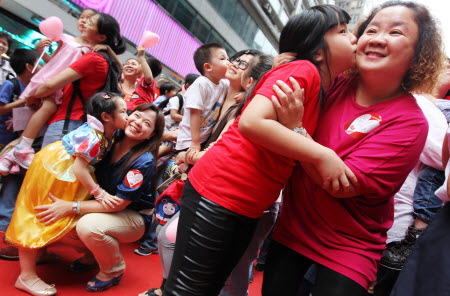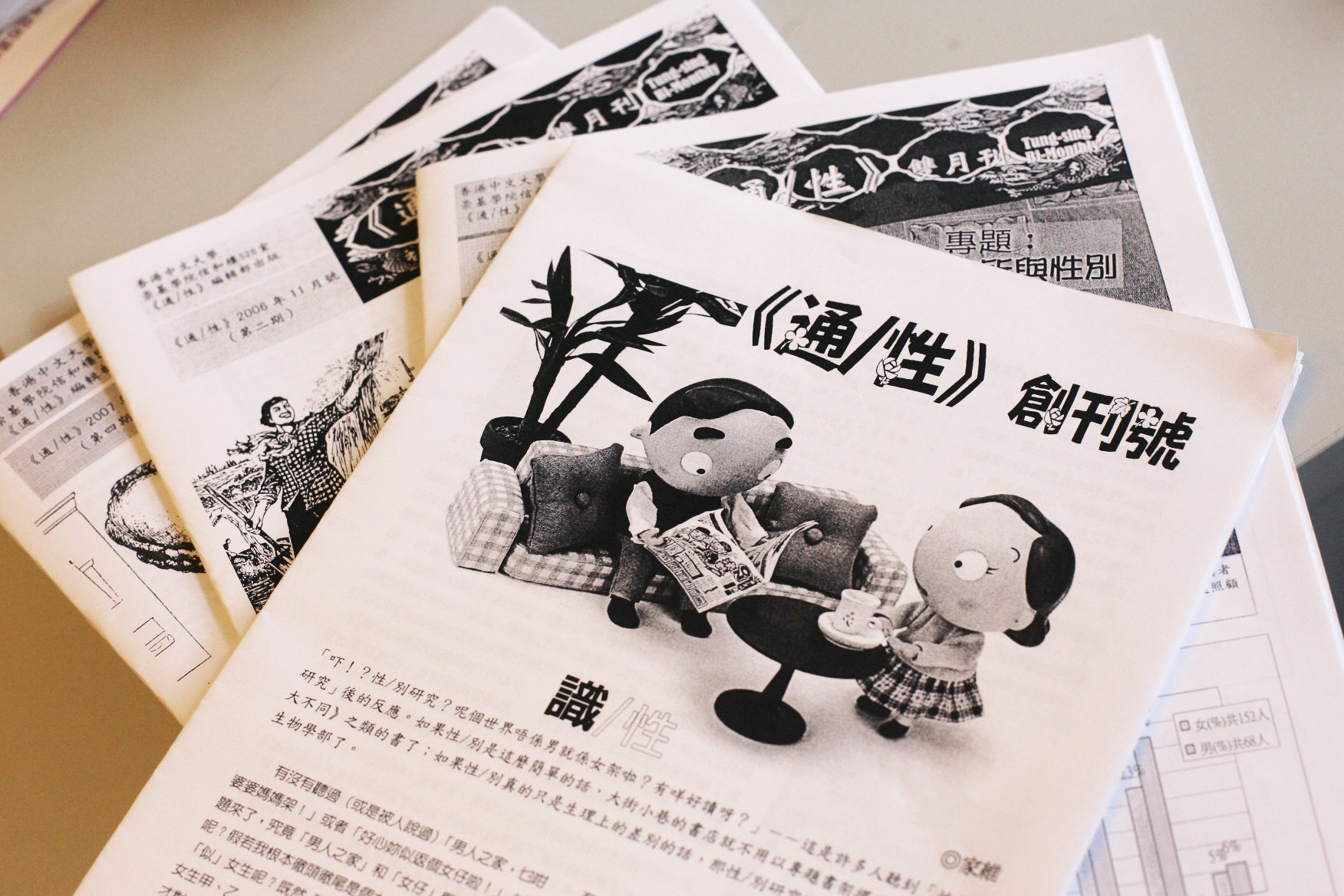The Equal Opportunities Commission has launched a public consultation on its review of Hong Kong's discrimination laws. So far, the most vociferous responses have come from the anti-mainland lobby and from anti-LGBT groups.
Upskirting - the act of photographing or videoing up a woman's dress or skirt - has recently captured the limelight in Hong Kong. Although this sort of deviant behaviour is not new, the internet and social media have created a new set of concerns about sexual voyeurism, given the scope for images to go viral.
Last week, the region's leading media titles gathered in Hong Kong for the annual awards dinner of the Society of Publishers in Asia, which this year celebrated a new category for "Excellence in Reporting on Women's Issues".
Cathay Pacific's Flight Attendants Union captured the headlines this week when it complained that flight attendants' uniforms are too revealing and encourage sexual harassment.
Later this year, Hong Kong will come under the microscope of a UN committee reviewing the city's compliance with the Convention on the Elimination of All Forms of Discrimination Against Women (Cedaw). While Hong Kong is ahead of many other societies in protecting the human rights of women, big gaps remain, and The Women's Foundation has submitted a "shadow report" to inform the committee's analysis.
Many industries - even sectors that have been traditional male bastions - are now focusing on how to attract and retain women and help them rise to senior management. There are various reasons for doing so.
This week's policy address was fairly comprehensive in its attempt to deal with Hong Kong's most pressing issues. While it did not explicitly refer to women other than to announce a new study by the Labour and Welfare Bureau and the Women's Commission on why women leave the workforce and how we can attract them to return, the government's new initiatives - to improve the supply of housing, alleviate poverty, ease the burden of care for the elderly and enhance the upward mobility of the younger generation - all have profound implications for Hong Kong's women and girls.
Despite having scholars who have distinguished themselves in women's gender and sexuality studies, Hong Kong's universities are glaringly deficient in their support for 21st-century gender studies, as demonstrated by the fact that none of them offer such courses as a full undergraduate degree programme.
A recent front page article in this paper saying that the cost of caring for the city's elderly is set to rise by billions underscores that, as Hong Kong is struggling to meet the health care needs of the city, the elderly population is set to explode.
When Warren Buffett issued a rallying call recently for men to champion the advancement of women, the world took note. Exhorting fellow men to get on board, he said the prospect of unleashing the talent of 100 per cent of America's human capacity made him an unbridled optimist about the nation's future.



